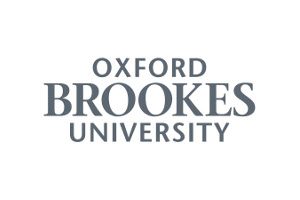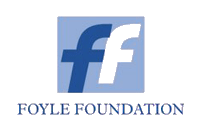John Horne Tooke
(b. June 25, 1736, Westminster, London – d. March 18, 1812, Wimbledon, London )
Gender: M
John Horne (1736-1812) was a radical supporter of parliamentary reform. He was the son of a Soho poulterer, and in 1782 he took the additional name of Tooke in honour of his benefactor William Tooke of Purley. He took holy orders in 1760 to please his father, but never served as a priest. He was a supporter of the radical movement led by John Wilkes, and a member of his Society of Supporters of the Bill of rights, but quarrelled with Wilkes and in 1771 founded the Constitutional Society. He studied law, but the Inner Temple refused to call him to the bar because he was in priestly orders, and he was mockingly called “Parson Horne”. In 1777 he was sentenced to seven months’ imprisonment for raising a fund to support the American rebels. In 1790 he contested the Westminster election at his own expense in order to expose the electoral corruption. In May 1794 he was imprisoned and charged with high treason, but was successfully defended by Thomas Erskine. In 1775, Horne Tooke published a Letter to Dunning, in which he attacked James Harris’s Hermes, or A Philosophical Inquiry concerning Universal Grammar. William Hazlitt commented that “Mr Harris multiplies distinctions, and confounds his readers. Mr Tooke clears away the rubbish of school-boy technicalities, and strikes at the root of his subject” (William Hazlitt, The Spirit of the Age, 1825). In February 1801 he became MP for Old Sarum, the pocket borough controlled by the disputatious Thomas Pitt, 2nd Baron Camelford, who had given Horne Tooke the seat in order to annoy the government; the House took action to disqualify him on the grounds of his being a priest, and he was ejected after six months. Horne Tooke left a number of illegitimate children; on being advised to take a wife, he was said to have replied “With all my heart, whose wife shall it be?”
Also known as:
- John Horne Tooke
No transcribed or un-transcribed letters| show transcribed only
Please note that all dates and location information are provisional, initially taken from the library and archive catalogues. As our section editors continue to work through the material we will update our database and the changes will be reflected across the edition.
Browser support: The website works best using the Chrome, Edge, and Firefox browsers on the PC, and only Chrome and Firefox on the Mac.




